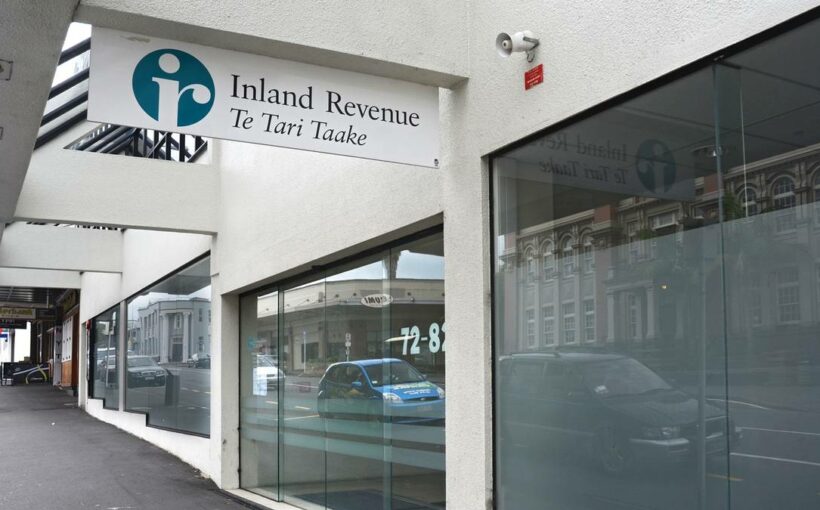The number of companies liquidated by the Inland Revenue for unpaid tax plunged last year but is now playing catch-up.
There were only 177 IRD court applications to liquidate companies in 2020 – less than half the 392 in 2019, figures from the tax department show.
In April, May and July 2020 there were no IRD driven liquidations and only one in June. But since November they have spiked up again.
Last month unpaid tax liquidations hit 56 – more than double the 27 done in February 2020 and the 27 done in February 2019.
A spokeswoman for Inland Revenue said during the increased Covid alert levels last year and since then it had had a strong focus on supporting businesses as much as possible to trade through any financial difficulties.
“We have been encouraging customers to access the range of Government Covid support packages available.”
Businesses can apply for the small business cashflow loan scheme which has now been extended until the end of 2023, the Resurgent Support Payment and a range of other measures including a temporary loss carry back to the preceding income year.
The IRD spokeswoman said in a small number of cases, and as a last resort, Inland Revenue had used its liquidation and bankruptcy activity to address instances of significant non-compliance or where there has been business failure.
The recent rise in liquidations was due to a lag effect, she added.
“There is a ‘lag effect’ here which in part is reflected in the increased number of liquidations and bankruptcies, with the balance of these matters being driven by Inland Revenue’s business as usual debt collection activities.”
The more lenient stance has seen IRD’s tax debt rise. Excluding debts owed by student loans and child support customers, its tax debt at June 30, 2020 was $4.2 billion, up from $3.5b at June 30, 2019.
Inland Revenue’s annual report noted the overall increase in debt had been caused by a range of factors including growth in GST debt.
“The last quarter of 2019–20 saw a significant increase in debt growth, as customers experienced the effects of Covid-19. 72 per cent of the GST debt increase this year
occurred between April and June 2020.”
Terry Baucher, a tax consultant with Baucher Consulting said for those struggling to pay tax the best thing was to set up an installment arrangement.
IRD’s annual report showed it set up 146,557 installment arrangements for both personal and business customers to repay debt in the year to June 30, 2020.
“But obviously in some cases the business is too far gone for that. It could be what we are starting to see now is those businesses that were really on the edge anyway before Covid turned up, basically Covid finished off.”
Baucher said in the past he had come across cases where tax payments had been allowed to slide for a couple of years.
But since the Inland Revenue went through its business transformation process and moved to an online system with payday filing they were much more quickly across these matters, he said.
The end of the tax year is fast approaching on March 31 and Baucher said those who could not meet their tax bill should front foot it with the tax department.
“There are two reasons for that. One – the revenue will try and work with you. Two – it takes a load off the owner’s mind.”
But Baucher said in his experience owners typically put their heads in the sand because there were so many stresses going on.
“When they actually approach revenue and find generally speaking unless they have got a pattern of delinquency, the revenue will try and work with them because it is part of trying to encourage compliance.
“That is not to say it will be an easy process. It will be emotionally difficult but it is always better to front foot it.”
Baucher said businesses in particular should be proactive if they were going to fall behind in making pay as you earn payments like KiwiSaver employer contributions or GST debt.
“You need to be very much front-footing it in relation to PAYE and GST debt because the revenue are taking a much harder line – they see those as payments made on trust.”
Baucher said sometimes a very hard call had to be made if the business was not financially viable and needed to be liquidated.
But he also warned off those looking to escape a tax bill by going into liquidation.
“They will watch you if have a pattern of liquidating as a deliberate attempt to avoid paying tax.”
Source: Read Full Article

/cloudfront-ap-southeast-2.images.arcpublishing.com/nzme/JU3MZKP2VYFI5OAYVSUSS7RVAM.jpg)